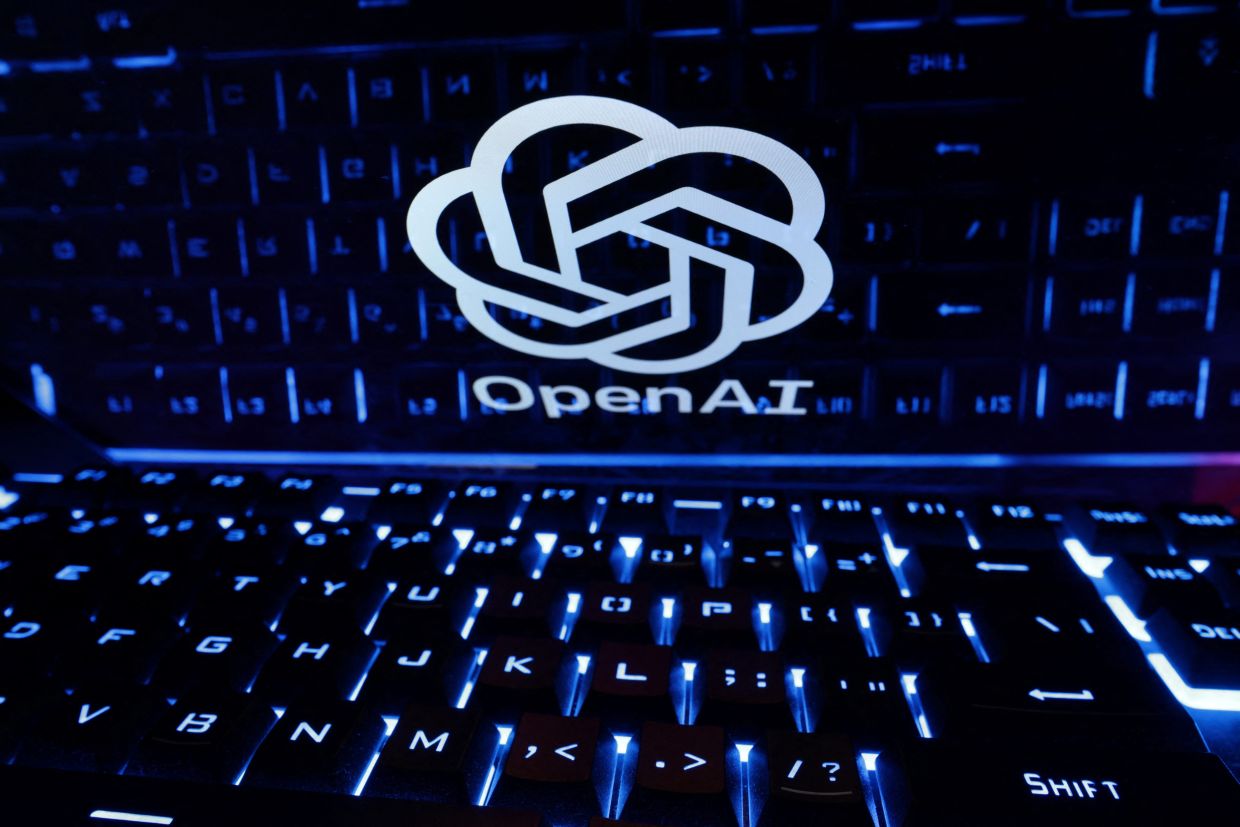
OpenAI is broadening its Custom Model program, aiming to aid enterprise clients in crafting bespoke generative AI models for specialized applications and domains.
Launched last year at OpenAI’s inaugural developer conference, DevDay, Custom Model has seen the enrollment of “dozens” of customers. The program initially offered companies the chance to collaborate with dedicated OpenAI researchers to train and optimize models tailored to specific domains. Now, recognizing the necessity to enhance performance further, OpenAI is scaling up the initiative.
Assisted Fine-Tuning
A key addition to the program is “Assisted Fine-Tuning,” which utilizes advanced techniques beyond traditional fine-tuning. This includes incorporating additional hyperparameters and parameter-efficient fine-tuning methods on a larger scale. This approach empowers organizations to establish data training pipelines, evaluation systems, and supporting infrastructure to enhance model performance for specific tasks.
Moreover, OpenAI is introducing “Custom-Trained Models.” These are bespoke models developed in partnership with OpenAI, leveraging the organization’s base models and tools, such as GPT-4. These models are tailored for clients requiring deeper fine-tuning or the infusion of new, domain-specific knowledge.
Success Stories: Custom Models in Action
llustrating the program’s potential, OpenAI cites collaborations with industry leaders:
- SK Telecom: Partnered with OpenAI to refine GPT-4 for telecom-related conversations in Korean.
- Harvey: Supported by the OpenAI Startup Fund, worked with OpenAI to create a custom model for case law, incorporating extensive legal text and feedback from expert attorneys.
“We believe that in the future, the vast majority of organizations will develop customized models that are personalized to their industry, business, or use case,” OpenAI writes in a blog post. “With a variety of techniques available to build a custom model, organizations of all sizes can harness personalized models to achieve more meaningful and specific AI implementations.”
Despite OpenAI’s impressive financial performance, with reported annual revenue nearing $2 billion, there’s internal pressure to sustain momentum, especially given the potential $100 billion data center collaboration with Microsoft; if reports are accurate. The expenses associated with training and serving flagship AI models remain substantial. Consulting services like custom model training offer a means to drive revenue growth while OpenAI strategizes its next steps.
Fine-tuned and custom models not only address performance needs but also alleviate strain on OpenAI’s model serving infrastructure. Tailored models are often more compact and efficient than general-purpose ones, presenting an attractive solution amid escalating demand for generative AI.
Expanding Developer Tools for AI Fine-Tuning
In addition to expanding the Custom Model program, OpenAI unveiled new model fine-tuning features for developers working with GPT-3.5. This includes a dashboard for comparing model quality and performance, support for third-party platform integrations (starting with Weights & Biases), and tooling enhancements. Notably, details on fine-tuning for GPT-4 remain undisclosed, despite its early access launch during DevDay.
Related News:
Featured Image courtesy of Dado Ruvic/REUTERS
